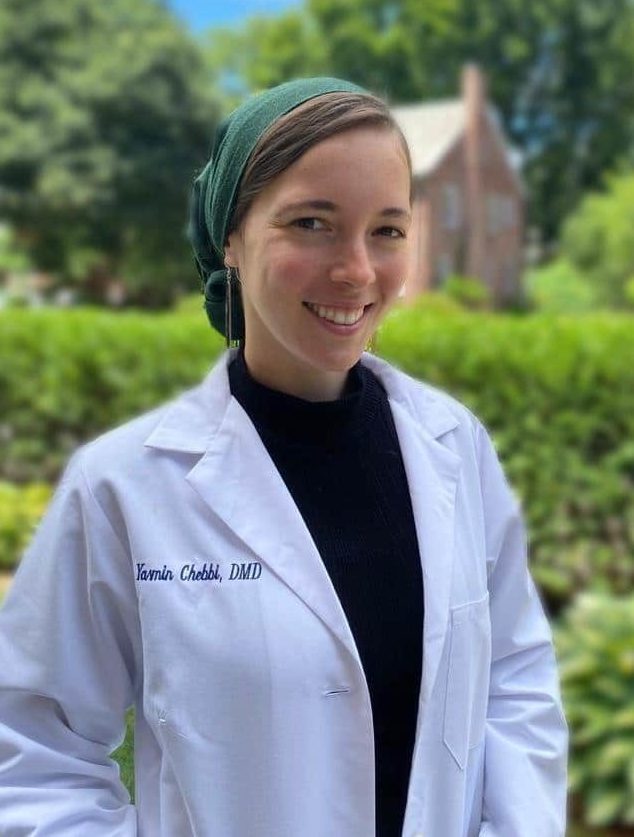
What if someone told you a dental problem could affect your heart? Skeptical? Here’s how that can happen: bacteria on your teeth create an infection. The infection causes inflammation in your gums. The inflammation and infection weaken a barrier usually present between the teeth/gums and the rest of the body. The infection enters the bloodstream and travels to other body parts, possibly your heart.
Dr. Yasmin N. Chebbi, DMD, FAGD, D-ABDSM, practices dentistry at The Flossery in Waltham, Massachusetts. She is an alumna of Harvard School of Dental Medicine, where she learned that thorough dental care means considering the total body. She carried this philosophy into her practice.
“The Flossery is a holistically based dental office, focused on the mouth-body connection,” Dr Chebbi said. “And total body dental includes oral microbiome evaluations, airway and sleep apnea management, and prevention beyond brushing and flossing.”
Dr. Chebbi’s Journey to Dentistry
Becoming a Dentist
Dr. Chebbi’s childhood dentist sparked her interest in the profession.
“I knew I wanted to be in healthcare and my childhood dentist seemed a perfect blend of healthcare, patient relationships, working with your hands, and being a business owner. I liked my childhood dentist and I liked going into his office. He seemed to enjoy working with his team and his office,” Dr. Chebbi said.
Fast forward several years, and Dr. Chebbi had completed dental school, become a Fellow of the Academy of General Dentistry (a rare honor given to 6% of dentists in the US and Canada) and a diplomate of the American Board of Dental Sleep Medicine. In addition, she has built a practice she enjoys.
“I love seeing patients, especially for the ones that want a more holistic or total body approach. I love educating patients on prevention and home care beyond brushing, flossing and fluoride. Our patients come from far away to experience our special approach. We see a lot of patients who are anxious about dental care or who have been seeking alternatives to the traditional approaches. We also offer virtual consults for home care education and second opinions for those who do not live in the area.” Dr. Chebbi said.
Connecting with Her Patients
“I speak Arabic and Spanish. In school, I learned French, and I have a working knowledge of Portuguese. This is helpful in Boston because we have quite a large Brazilian population,” she said.
For Dr. Chebbi, her polylingual self is a great advantage, as her patients speak multiple languages. Her patients appreciate someone who can speak with them in their most comfortable language.
“It helps build trust with these patients and gives them a sense of calm. It’s a nice way to connect with people, especially when they are nervous about their treatment,” Dr. Chebbi said.
Her multilingual experience is also significant because she has another practice in Abu Dhabi, in the United Arab Emirates, where she focuses on sleep apnea management.
Treating Sleep Apnea
Expanding Dental Practices
Dr. Chebbi steps beyond teeth and treats sleep apnea as a related issue. Sleep apnea is a disorder in which patients stop breathing for short periods of time throughout the night. The most common type is obstructive sleep apnea (OSA), where the airway narrows or collapses, cutting off airflow. Risk factors for OSA include abnormal oral or facial features and obesity. It is more common among men and older people.
“About one in five Americans have some sleep-disordered breathing problem. Our society tends to be more overweight and obese, a factor for sleep apnea. Also, evolutionarily, our mouths are getting smaller,” Dr. Chebbi said.
Sleep apnea is often treated with a CPAP machine, a device worn during sleep that forces air into the body.
“We provide an alternative to the CPAP machine. Not a lot of people like the CPAP, for many reasons. They can feel claustrophobic, and it’s tough to maintain. It needs wires, electricity, distilled water and cleaning every day,” Dr. Chebbi said.
A dentist such as Dr. Chebbi can create a customized oral mandibular advancement device. It keeps the tongue from blocking the throat and pushes the lower jaw forward.
“Our oral appliance is discreet and fits in a pocket. It doesn’t need wires or electricity,” Dr. Chebbi said, “its FDA approved and recognized by medical insurance”
A Growing Need
It is becoming more popular among dentists to treat sleep disorders. The Academy of Dental Sleep Medicine (AADSM) ‘s educational programs support this trend.
“It’s an underserved market,” Dr. Chebbi observed. “The dental management of sleep apnea is becoming more well known in the U.S. Sedentary lifestyles create a prevalence of obesity, which also contributes to sleep apnea. I am establishing a practice for these patients.”
Sleep apnea patients can now be screened for risk factors and symptoms of sleep apnea in their dentists’ offices and have access to a treatment that is more comfortable than the traditional CPAP machine.
The Mouth-Body Connection
In her book, Eat, Sleep, Breathe Oral Health: Why Your Mouth Matters, Dr. Chebbi explains that the mouth contains clues about our body’s overall health. Oral health is often a cause of or is caused by issues in other parts of the body.
Conditions affected by the mouth-body connection are numerous and varied:
- Alzheimer’s and dementia
- Bacterial pneumonia
- Cancer
- Cardiovascular disease
- Diabetes
“So many things fit into the puzzle,” Dr. Chebbi said. “It’s not just drilling and filling teeth now. There has always been evidence that having gum disease makes it harder to manage diabetes, or that gum disease could lead to cardiovascular issues. In fact, they have found bacteria that cause gum disease in the brains of alzhimers and dementia patients.”
Acknowledging this vital connection helps provide patients with more targeted therapeutic approaches to their treatment. It’s essential to educate them on how to take care of not just teeth but the whole body.
“I think that we have outdated information about what a healthy mouth is. A big part of our practice is going beyond brushing and flossing and honing in on diet and breathing. We are taking the next steps to help patients get the best oral healthcare,” Dr. Chebbi said. “Many parents don’t know you can reduce your child’s risk of cavities, braces, and sleep problems by lifestyle changes as early as infancy.”
A Parting Reminder
Dr. Chebbi’s focus includes an airway-centered approach to dentistry, and she practices with the knowledge that, evolutionarily, mouths are gradually getting smaller and that is causing oral health and total body effects. .
“I am very excited about the trend towards more minimally invasive dentistry and prevention. As dentists we have many more advanced techniques in our toolbox to preserve teeth for longer.” “Also, orthodontics and teeth straightening isn’t just about aesthetics anymore. Orthodontics can help you sleep better and breathe better. We’re focusing on making a bigger mouth. Expanding that space is more beneficial for breathing. Additionally, I am starting continuing education courses for fellow dentists to learn about sleep apnea, airway-focused dentistry and how to evaluate a patient or sleep disorder,” she said.
Dr. Chebbi advises her colleagues to put the mouth back into the body.
“It is one system, and one thing always can affect the next. Looking at a patient as a whole person will make us better healthcare providers,” Dr. Chebbi said.


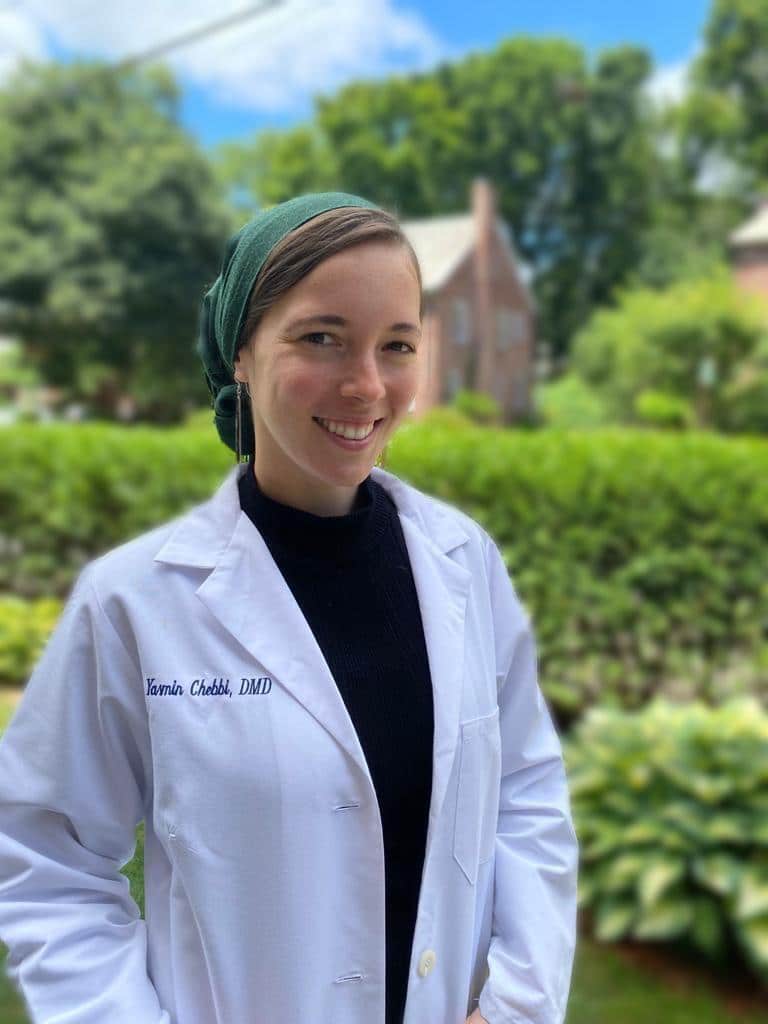
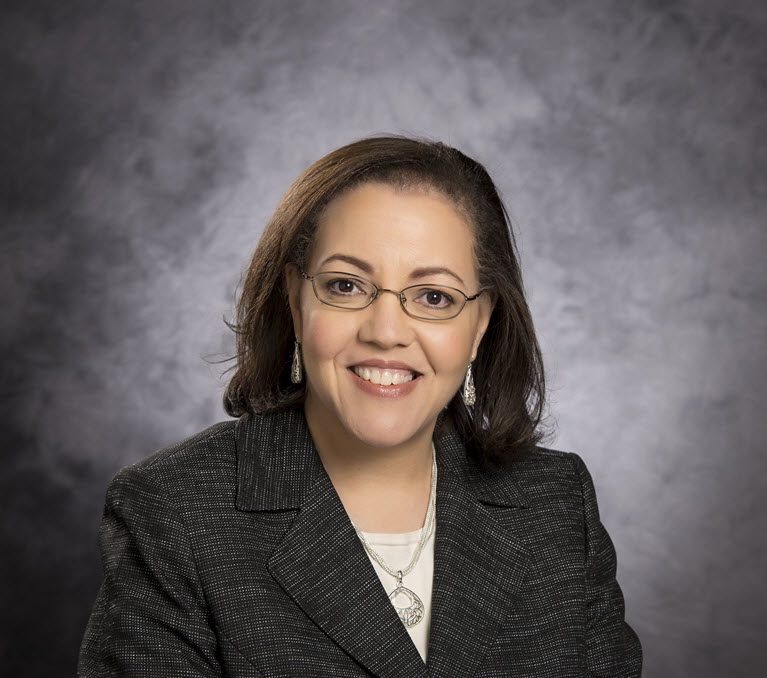
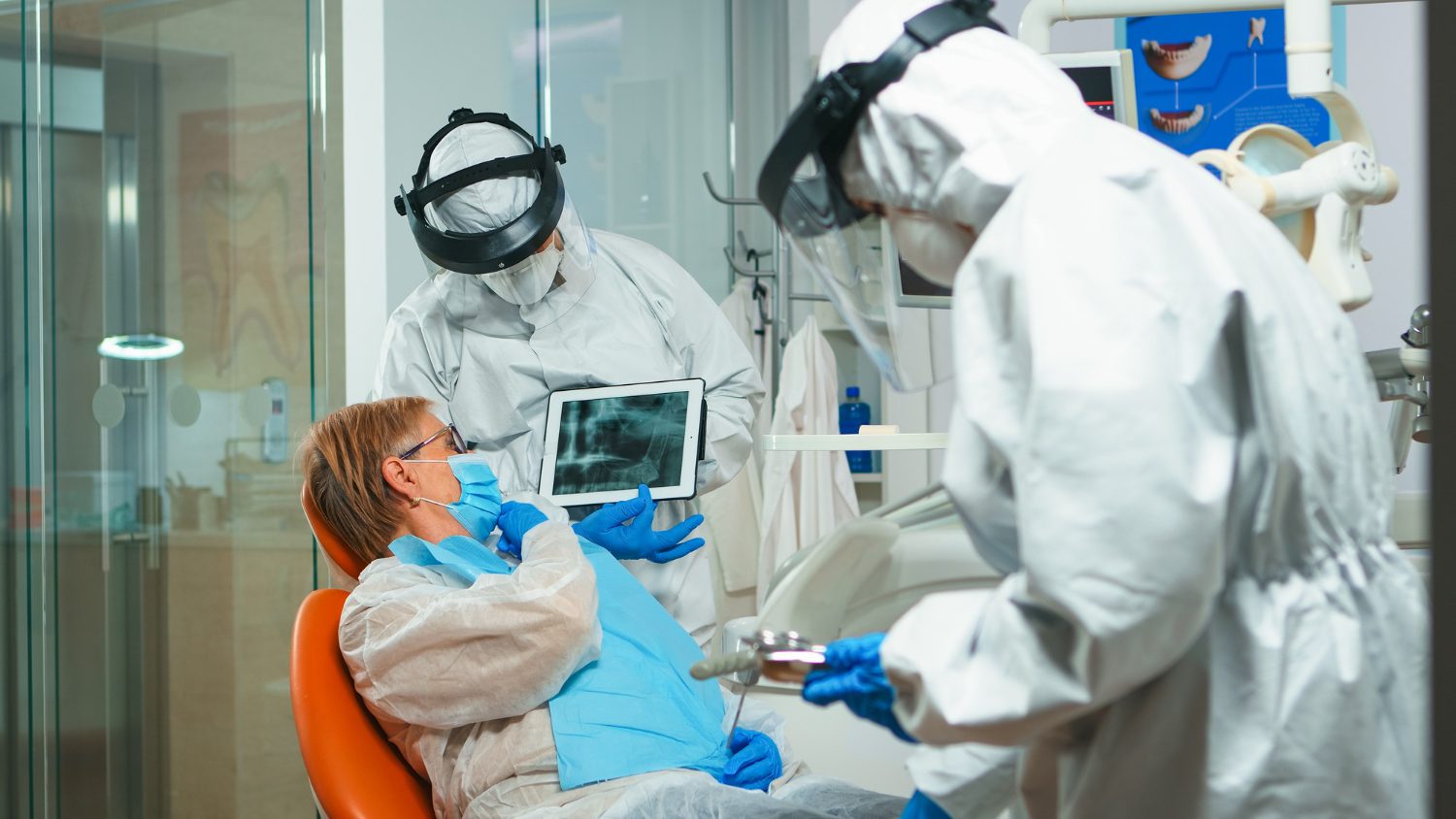
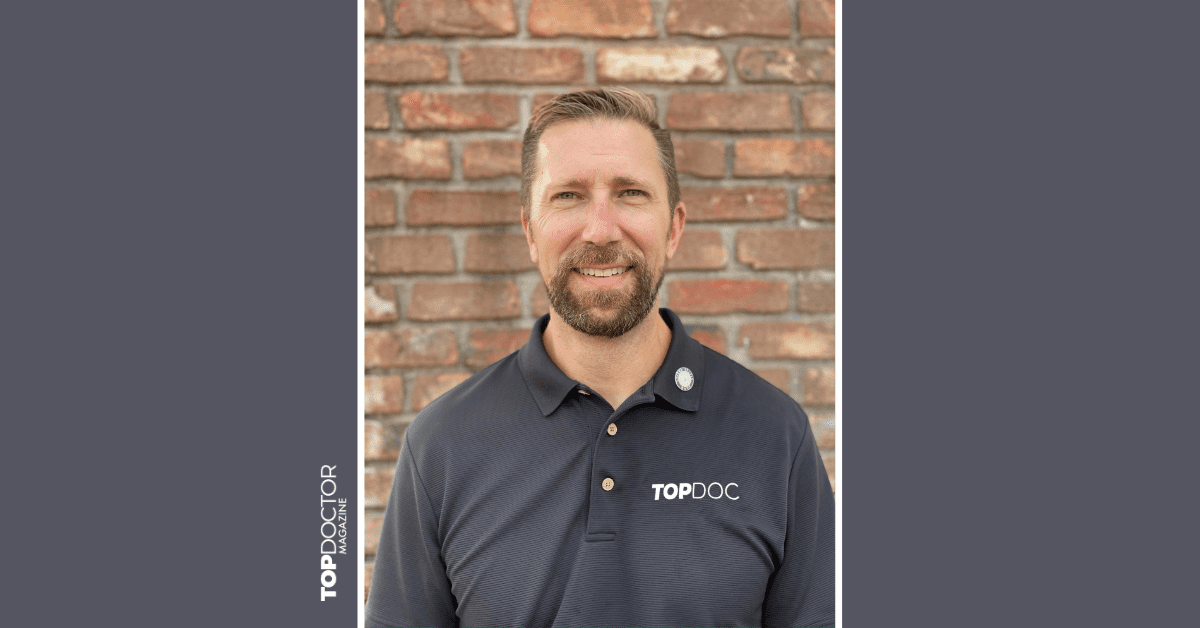
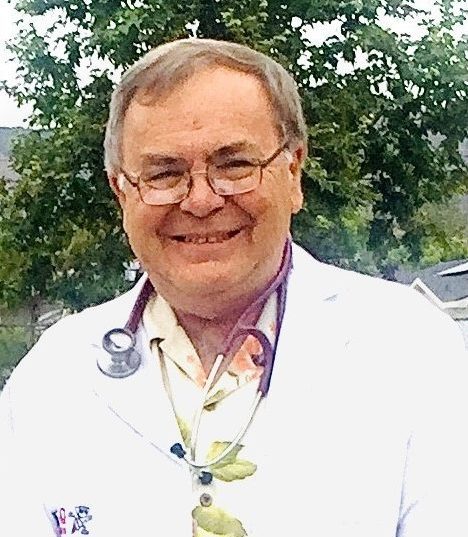
0 Comments